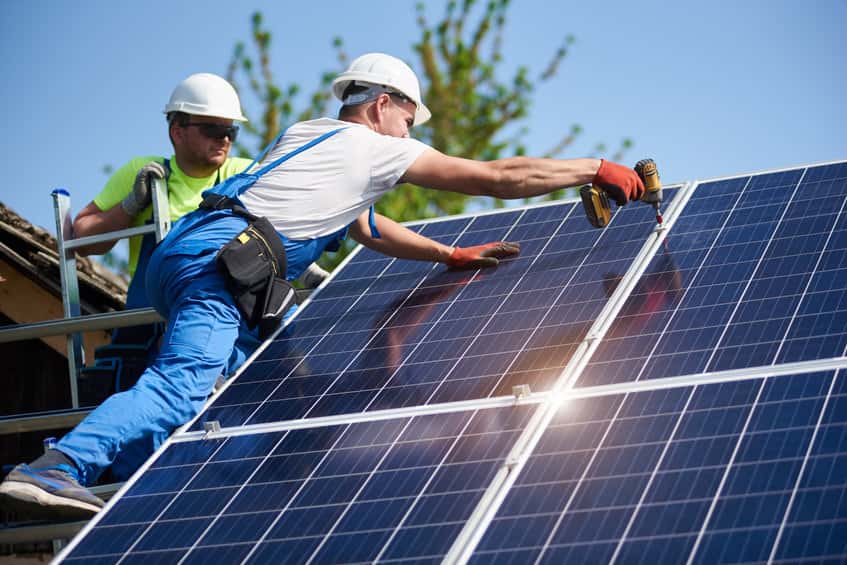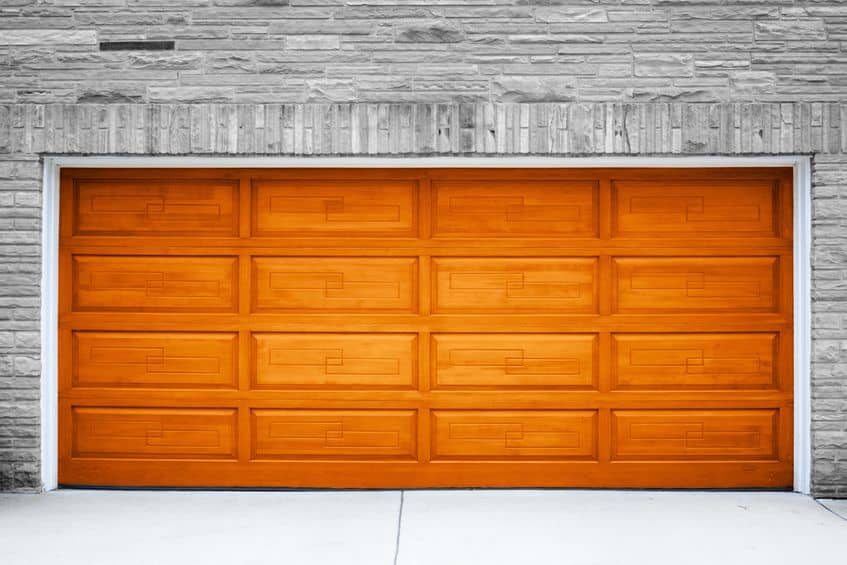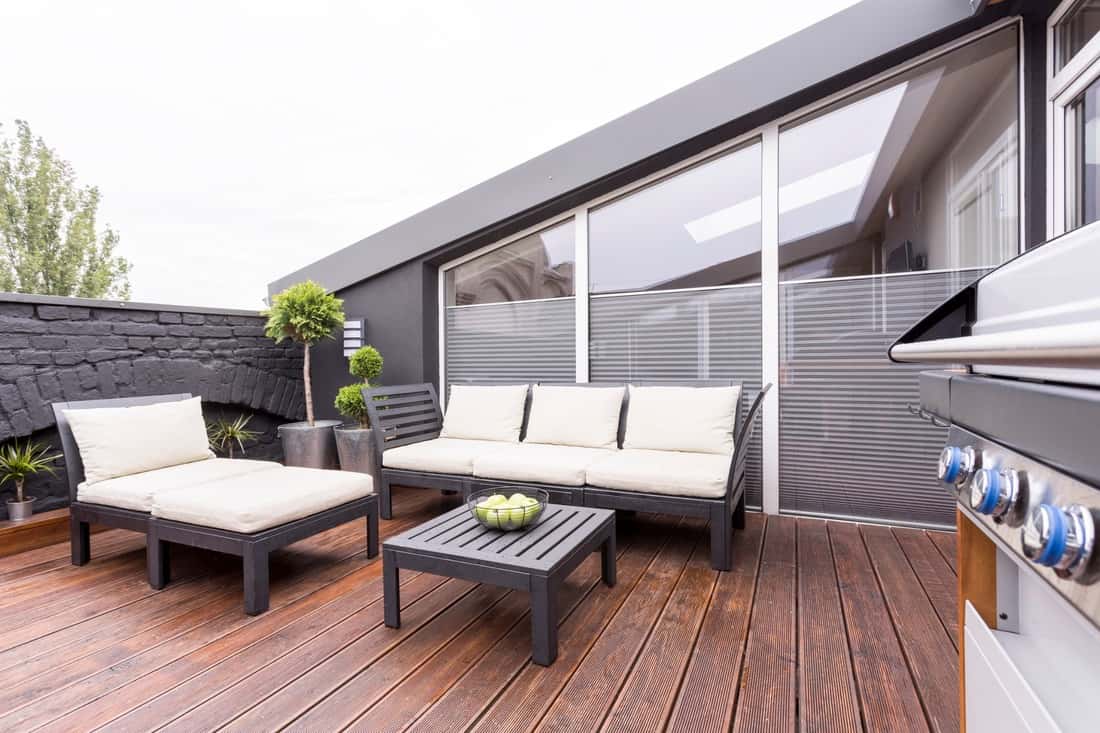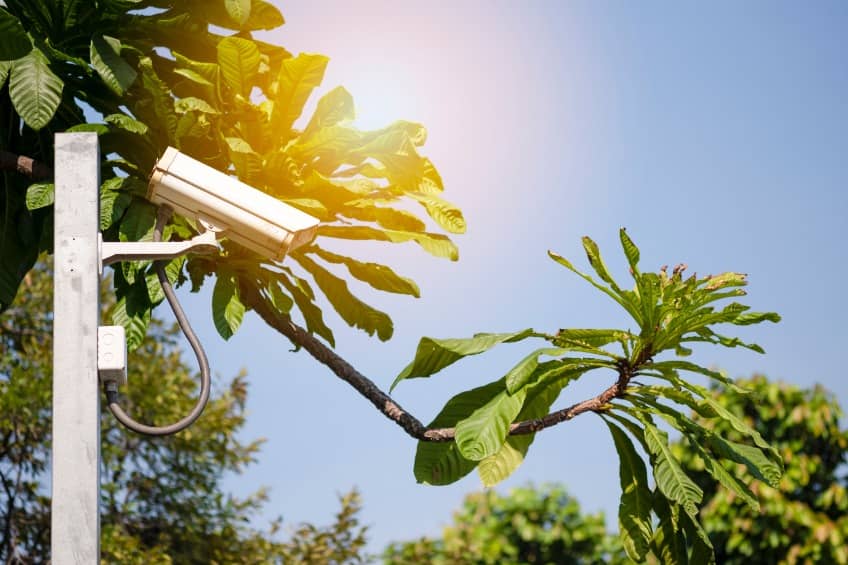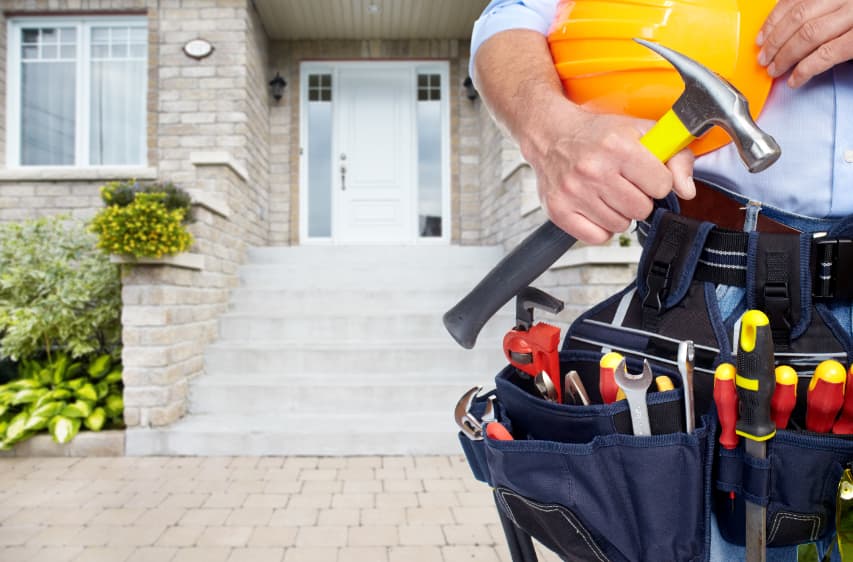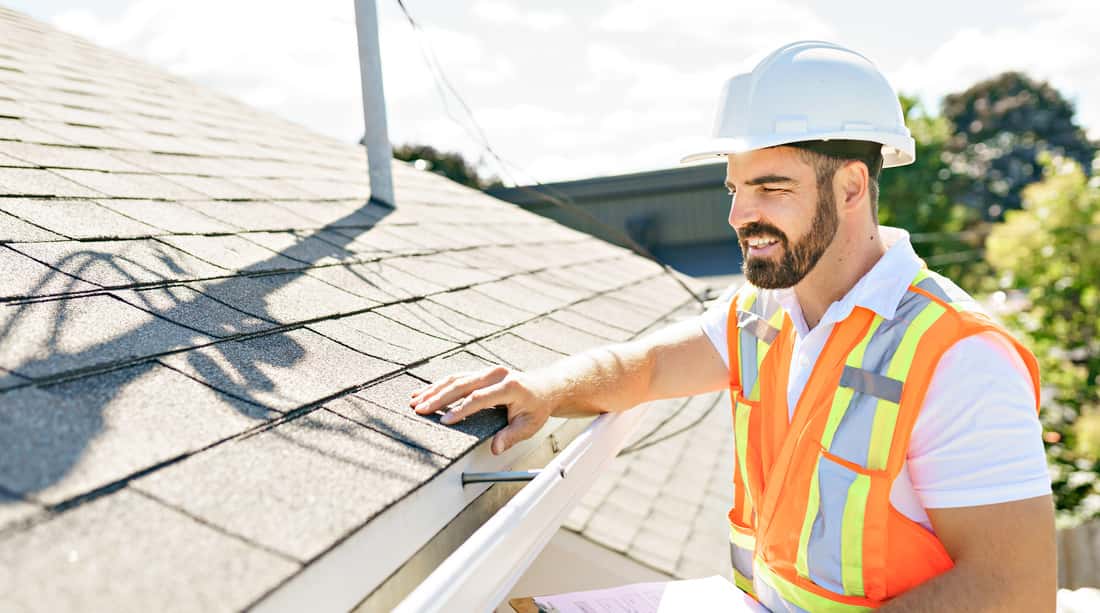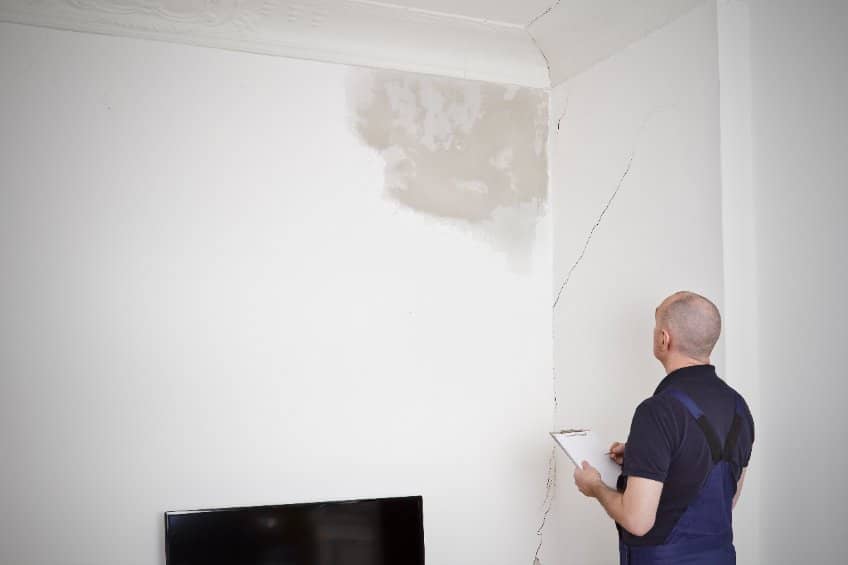It is not as simple as some homeowners may believe to put solar panels on their roofs. This is why expertise is essential. Electricians are aware of the factors to analyze and consider while executing a home solar panel installation. A home’s present electrical wiring system will need to be evaluated by an electrician to identify whether or not the system requires replacement. This is because some electrical wiring systems are many decades old. As a result of the fact that it might be dangerous to utilize an outdated electrical system, homeowners need to have their electrical system thoroughly checked by a professional electrician annually.
When putting solar panels on their roofs, homeowners can cause damage to their roofs. This is the last thing any homeowner wants to happen. They can get the peace of mind they need by hiring a professional electrician to install solar panels on their property. Suppose something goes wrong with your solar installer. In that case, experienced electricians are licensed and insured, which means that the roof will be repaired under the electrician’s insurance policy terms.
What type of electrician installs solar panels?
Master electricians have received extensive training on how to be a solar installer so that they integrate seamlessly with the existing structure of your building. Thus, not all electricians can install your solar panels. They need to have the proper training and expertise to do so.
Why hire an electrician and not do it yourself?
The process of installing solar panels should not be taken lightly. Solar panels must be installed by master electricians who have received specialized training in this area to be compatible with the current structure of your building. All of your wiring and electrical panels aren’t replaced with solar panels. Enhance what you currently have in place using these tools.
The installation of solar panels by solar installers who are not professionals is a bad idea. The cost of solar panels is prohibitively expensive. If they are not installed properly, it is possible that damage may be done. Similarly, you’ll want to ensure that your solar energy investment is a profitable one. Solar panels must be properly linked to your home or business’s power infrastructure in order to reap the full benefits of their energy production.
It’s possible to save money even if you don’t want to install the solar panels on your own by hiring an amateur to do it. For a variety of reasons, this is a bad pick. Untrained and uncertified solar installers are just as likely to make blunders as homeowners with no prior experience with electricity. In an accident or injury, amateurs may not have enough insurance to cover you. When it comes to solar panel installation, make it a priority to hire a professional electrician. Many solar companies have one on staff who will complete the installation for you.
It’s only possible to enjoy the advantages of solar electricity without any concern if your master electrician provides solar panel installations as a standard service.
How Much Do Solar Panels Cost?
The cost of installing solar panels in a home has come down faster than anticipated, but it is still a big commitment. Investments in solar panels come with the expectation of a favorable return in the future, just like any other investment. Installing solar panels may save you money on your monthly utility bills. There are often rebates and other incentives available to help reduce the cost of solar panels (more on that in a moment).
The following variables mainly determine the entire cost of your solar energy system:
- Your choice of solar panels
- Your home’s requirement for KWh
- The solar panel installation company
According to HomeAdvisor, the average quote of installing a solar panel is about $17,266 to $32,608
Is the cost of solar panel installation worth it?
Generally speaking, solar panels are a better investment for households that satisfy the following requirements:
- Your house receives a lot of sunlight. For those who reside in a section of the nation where they get enough sunshine throughout the year, their solar panels will likely provide them with longer service life. It is not new that solar energy is most prevalent in Arizona, Texas, and California. Suppose your property is surrounded by many shadows from trees or other structures. In that case, it is unlikely that the solar panels will produce enough electricity to make the investment worthwhile.
- You have proper space on your roof. Good solar panels will need a lot of surface space on your roof, which should be free of obstructions like skylights, chimneys, and other architectural elements. A system may still be installed on a smaller roof. Still, you’ll need to look for the most efficient solar panels (which are often more costly) to make the most of your restricted area. Roofs with steeper slopes will be more difficult for specialists to install the panels on, and this might result in more significant labor expenses as a consequence.
- You have high electricity bills. Because solar energy is cost-effective, the amount you save will be precisely proportionate to the amount of money you spend each month on electricity. As a result, if you reside in a town where the cost of power is relatively high, you stand to save even more money if you switch to solar energy.
- Your state or city has solar incentives, rebates, or tax exemptions. This component may be a deceptive driver of the value of solar panels since it is difficult to detect. Net metering, in particular, may have a significant influence on the amount of money you get in return for your solar energy. Suppose your local utility offers high feed-in tariffs or a low buyback rate for your energy. It may be advisable to postpone solar installation until renewable energy regulations become more consistent throughout the country in this situation.
Not all electricians can install your home solar panel. Hire the service of a Master electrician who is trained as a solar installer. Typically, they work as a contractor with local solar companies.
